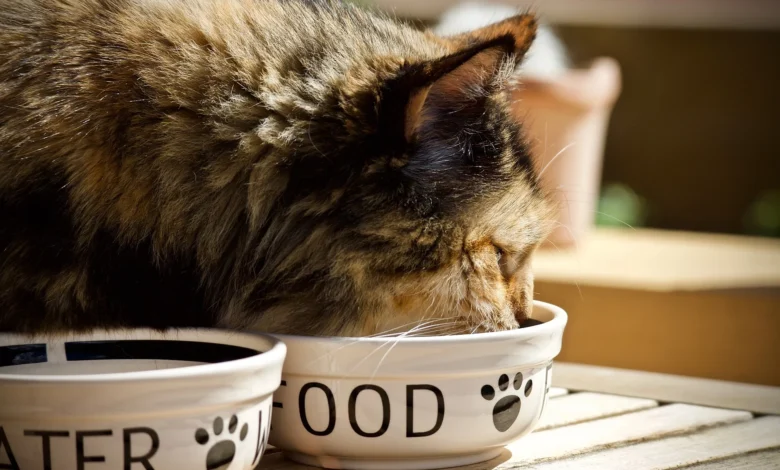House Cat in Washington County Dies from Bird Flu Linked to Pet Food

Concerning development for pet owners and public health officials alike, a house cat in Washington County, Oregon, has died after contracting the H5N1 strain of avian influenza, commonly known as bird flu. The incident, which is believed to be the first of its kind in Oregon, has been traced back to the consumption of contaminated raw frozen pet food.
According to the Oregon Department of Agriculture (ODA), the cat was an indoor pet with no exposure to the virus through the environment, indicating that the infection was contracted solely through its diet. The implicated product, Morasch Meat’s Northwest Naturals brand 2lb Turkey Recipe Raw & Frozen Pet Food, has been voluntarily recalled following the discovery that it tested positive for the H5N1 virus. The ODA’s State Veterinarian, Dr. Ryan Scholz, confirmed that genetic sequencing matched the virus from the pet food to the virus found in the deceased cat.
This recall extends to products with “Best if used by” dates of 05/21/26 B10 and 06/23/2026 B1, which were distributed nationwide and in British Columbia, Canada. Pet owners are urged to check their supplies and dispose of any recalled products immediately.
The Oregon Health Authority (OHA) and local public health officials are currently monitoring household members who had contact with the cat for any flu-like symptoms, although no human cases have been linked to this incident to date. The transmission risk to humans from this event is considered low, but authorities are taking precautions given the potential for zoonotic diseases to jump species.
This case has raised alarms about the safety of raw pet foods, especially in light of the ongoing global bird flu outbreak. The H5N1 strain has been known to affect various species, including domestic cats, often with severe outcomes. While human infections are rare, they can be serious, and health officials are using this incident to remind the public of the importance of proper handling and cooking of all animal products, including those intended for pets.
Pet owners are advised to avoid feeding their animals raw or undercooked meat products, particularly from poultry sources, where the virus is prevalent. Instead, they should opt for commercially prepared, heat-treated pet foods that kill off pathogens like the avian influenza virus.
This incident follows a series of bird flu cases in pets reported across the U.S., including in Los Angeles County where cats died after consuming recalled raw milk products. These events illustrate the broader risks associated with raw diets for pets during times of disease outbreaks.
Health officials are encouraging anyone with pets showing symptoms like loss of appetite, fever, or neurological signs to seek veterinary care immediately. They are also calling for increased vigilance in reporting unusual animal illnesses or deaths, particularly if linked to raw food diets.
As this story develops, pet owners, especially those in areas where the recalled product was distributed, are encouraged to stay informed through updates from the ODA, OHA, and their local health departments.




